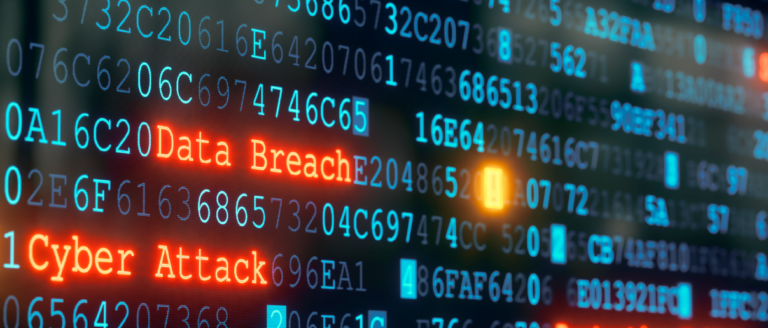
Every day, more than 1 million people become victims of cybercrime, according to a study by Symantec, the computer security company. Hackers are typically to blame. But employees also can unintentionally trigger attacks if, for example, they happen to click on a malicious link.
Here are 9 ways your employees can join you in the battle against cybercrime.
1. Make sure they’re using strong passwords.
That means a combination of uppercase and lowercase letters, numbers and special characters. Your employees also should change their passwords regularly and never share them with anyone.
2. Protect private information.
Everyone should understand this but lapses happen. Remind your employees that they should disclose private information only when necessary and to always verify the source if asked to input sensitive data for a website or email.
Related: Cyber Hacks: An Insurance Risk Like No Other
3. Don’t open suspicious links and emails.
An indication that a site is safe is if the URL begins with https://. Train your employees to hover their computer mouse over any links in the email to see the full URL before clicking on them. If something doesn’t look right, they should alert your IT department.
4. Scan all external devices.
We’re talking about USB flash drives especially, an all-too-easy way for hackers to contaminate your systems with viruses or malware that enables them to steal information or even crash your system.
5. Remind employees that public Wi-Fi networks can be dangerous.
Nowadays our phones hold much more than contact names or numbers. Hackers trolling airports and coffee shops can gain access to everything from emails to proprietary company data stored on your employee’s smartphones or tablets. Employees should choose the most secure option, even if you have to pay for it.
6. Protect company data and financial assets.
Don’t put confidential information in email, instant or text messages. For the most sensitive transactions — Automated Clearing House (ACH) payments, payroll, and the like — an encrypted server is best.
7. The risks of social media networks.
Ideally, employees should set their social network profiles to private. Remind them that revealing any trade secrets, confidential or client information online is prohibited, even in a private forum or message.
8. Use only authorized software.
Installing unauthorized software on a computer system, workstation or network server can lead to potential viruses, system degradation or even system failures. Employees should know that only software authorized by your company may be purchased, installed or used on company-issued computers.
9. Watch for phishing scams and social engineering fraud.
Employees, especially those close to the upper ranks in your organization, make great targets for phishing scams and what’s known as social engineering fraud. These scams can lead to unauthorized transfers of money or fake purchase orders. Put a system in place to confirm POs sent in by email or wire transfer requests. An easy solution? Pick up the phone to call the individual who sent the request to make sure everything’s on the up and up.
Morgan Mahoney is a CCIG Insurance Advisor. Reach him at morganm@thinkccig.com or 720-330-7926.
This was originally published on CCIG’s website. To view the full article click here.
